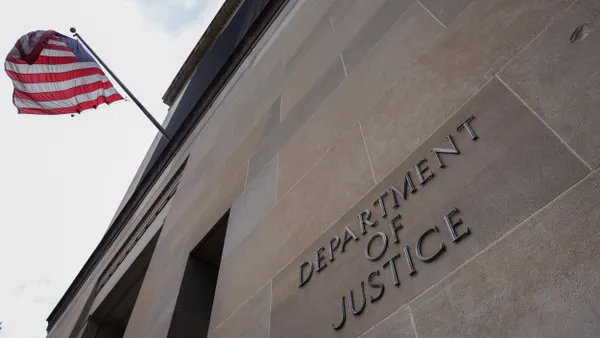Dive Brief:
- The Boston City Council approved an amended ordinance limiting short-term rentals commonly found on online booking platforms such as Airbnb or HomeAway. The new rules will take effect on January 1, but current home renters will be able to operate under the previous system until September 2019.
- Only property owners — not renters — may enter into short-term rental agreements. Owners must actually occupy their units in order to rent them, which eliminates investors from participating in short-term rentals. Hosts must register with the city and pay an annual registration fee that ranges from $25-$200, depending on which of the three rental types they fall under. The city will levy fines of $100 per day for a host's failure to register and failure to comply with a violation notice, and $300 per day for renting an ineligible housing unit.
- Booking platforms will have to submit data to the city each month, including on rental property locations, whether the rental is one room or a whole unit and for how many nights the property was rented.
Dive Insight:
Boston leaders have been seriously discussing various proposals for short-term rental regulations for about three years, and Mayor Marty Walsh introduced an ordinance in January. However, he pulled that ordinance in March for additional work on some of the items like enforcement, and submitted the revised version in May.
Supporters of the ordinance say that Boston is in a housing crisis, and short-term rentals reduce housing capacity while driving up costs for residents. Investor units are especially viewed as a problem because they essentially can be run like hotels. "The commercialization of short-term rentals in residential dwellings and residential neighborhoods ... is contrary to the Administration's goal of adding 53,000 units of housing across a variety of income levels by 2030," said a press release from the mayor's office earlier this year.
Walsh had been among the leaders repeatedly voicing the desire to devise an ordinance to help preserve affordable housing while still allowing residents to earn income from renting their homes.
Cities besides Boston are opting for or exploring similarly restrictive regulations on short-term rentals to ease their housing crises. Airbnb told Smart Cities Dive earlier this year that it was proud of the collaborations it had with cities like Seattle and New Orleans on shaping their regulations and short-term rental oversight measures.
However, the company and others like it have become ensconced in battles with municipalities in recent months. In May, the New Orleans City Council temporarily banned whole-home rentals until leaders could devise new regulations, even though the rules had only been in effect for a year. Last week, Santa Monica, CA won a court case against Airbnb in which the company claimed the city's requirement of verifying that rental hosts are registered violated their First and Fourth Amendment rights.
Despite the loud support by housing advocates for Boston's new regulations, critics point out that the city's housing crisis goes far beyond short-term rentals, and that putting the lion's share of the blame on companies like Airbnb won't solve the wide-reaching problem.












